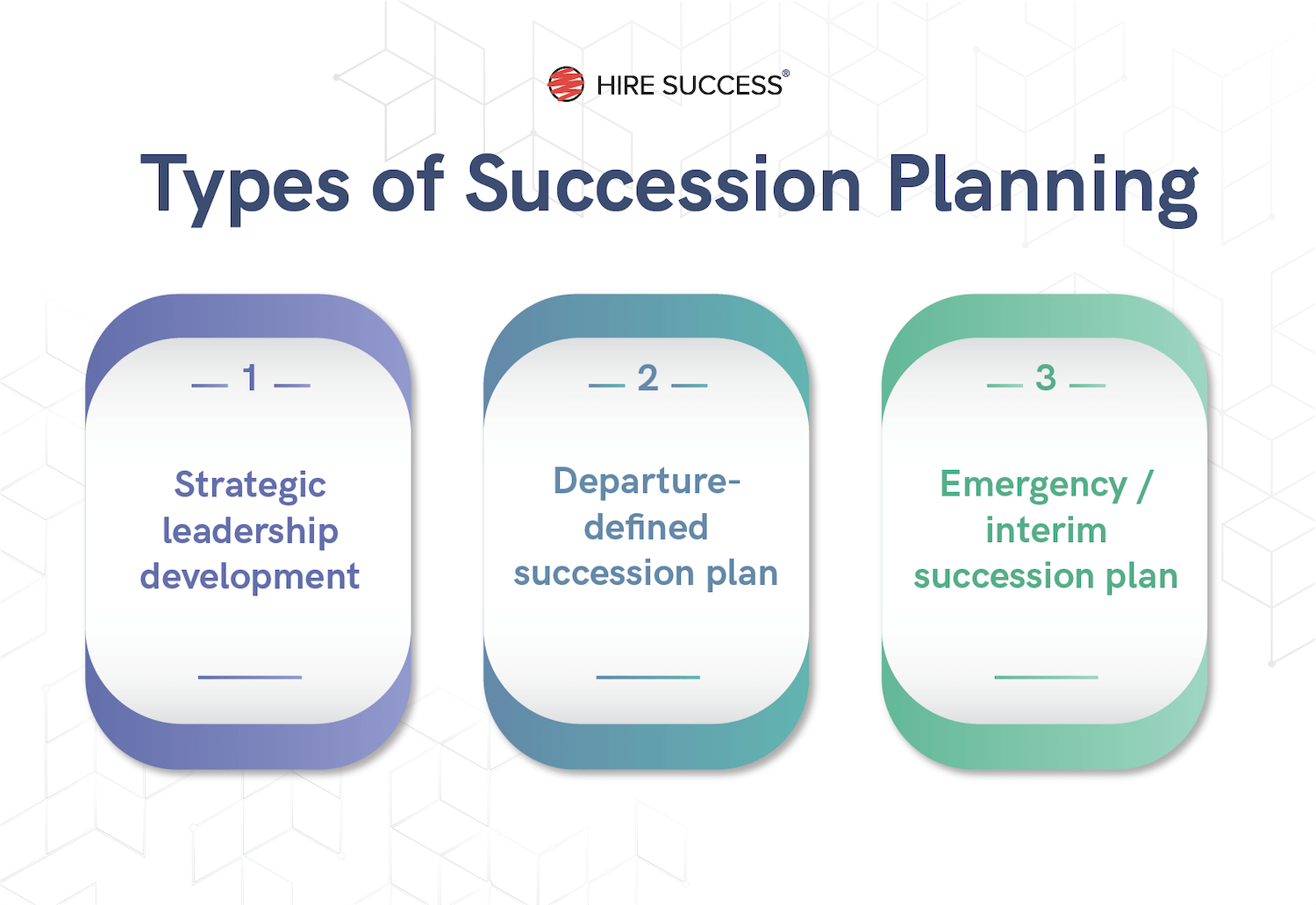
An employee may wish to change jobs for job opportunities, career advancement and promotions. Sometimes the change is not mutually beneficial and the employee is unwilling to negotiate. In these cases, a good way to negotiate with the new employer is to explain your strengths and weaknesses to your new boss. They may be willing or able to offer you a better job, or give you a promotion, if you highlight your strengths.
There are many job opportunities that change for promotion, reclassification and career development.
Reclassification refers to the process of an employee changing their job title or job description within the same organization or department. It is generally a change in responsibilities, but the same job title. Reclassifications that are upwardly oriented result in an increase in responsibilities. Downward reclassifications results in a decrease of duties. Lateral moves on the other side are a move within the same department and job code as a previous one.
You can move up the career ladder by making lateral moves. You'll still have to report to your previous boss but you'll likely have a new line of responsibility and a higher pay scale in the new position. You may find it easier to overcome boredom by lateral moves. If the company is able to offer you a new job with the same title and pay, lateral moves could be the right option.
The change may not be supported by the employees
You may be concerned about the contract's flexibility and have the right to refuse any changes. You can protest or write in writing to decline any changes. It is important to make it clear that any changes are temporary. Give the employer a reason why they have made this decision. In some cases, your failure to act may be taken as an acceptance of the new terms. This is why you need to carefully read the terms and conditions of your employment contract before you accept any changes.
